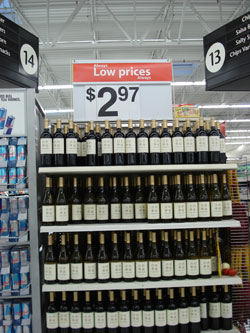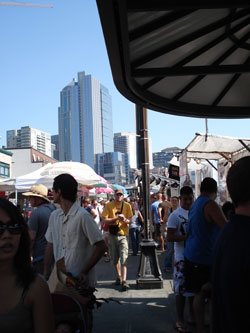Derek Forward’s End the Beer Store Monopoloy petition was read yesterday at Queen’s Park. The next step according to the rulebook is for the Legislative Assembly to provide a response. They have 24 days to do so – that means we can expect something by November 5. (If you haven’t been following Derek’s End the Beer Store campaign you can catch up here).
In the meantime, Derek wants us to contact Premier Dalton McGuinty so he knows that people care about this issue. Here are the Premier’s contact details:
Tel: 416-325-1941
Fax: 416-325-3745
Email: dmcguinty.mpp.co@liberal.ola.org
Address: Honorable Dalton McGuinty, Room 281, Main Legislative Building, Queen’s Park, Toronto, ON M7A 1A4
Also contact your own member of government and tell them what you think. Here is a list with address and contact details. The more noise we make, the greater the odds of ending the archaic Beer Store monopoly.





 Andrew Peller
Andrew Peller